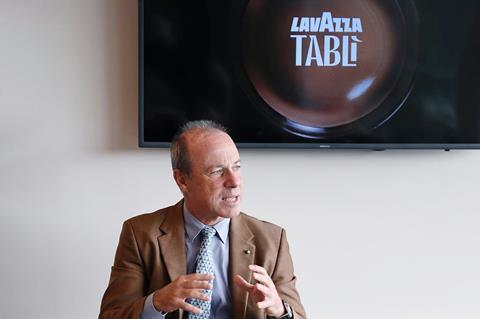
Upcoming EU deforestation legislation will place even more upward pressure on coffee prices than Donald Trump’s US tariffs, Italian coffee giant Lavazza has warned.
Giuseppe Lavazza, chairman of the family-owned Lavazza Group, this week called for a one-year delay to the proposed European Deforestation Regulation, which is due to be enforced at the end of 2025.
Speaking to journalists this week at the Wimbledon Chammpionships – where the coffee brand has been the ‘official coffee’ for the past 15 years – Lavazza said he hoped the legislation’s rollout would be postponed “to allow producer countries to be ready”.
The EDR’s launch has already been delayed by a year following complaints from EU trading partners.
Lavazza was “in favour of the proposal”, as were many more in the coffee sector, he added. “But the problem is this business is complicated, and legislators [often] have no idea how our business works.”
The EDR created more uncertainty for the coffee sector than the 10% tariffs from the US, he argued. “Tariffs are not good, but we can manage. EDR puts very strong limits on European roasters.”
His comments follow lobbying by Cadbury owner Mondelez to delay implementation of the rules in the face of record high cocoa prices, as well as political pressure in the US.
The proposed law will ban imports of seven commodities, including coffee, cocoa and palm, from being sold in Europe if they were grown on deforested land. Producers will face heavy fines if found to be in breach of the rules.
Lavazza said he was “very concerned” about the regulation. While it had a “very good purpose”, its implementation would be “very tough” on roasters and coffee producing countries, especially in Africa and in Central America.
Implementing the new rules would inevitably lead to a tightening of supply, he suggested, “because some countries are not ready to sell coffee to Europe as they are not compliant with the regulations”.
Lavazza warned of the potential for further price rises in the coffee sector due to the lack of regulation-ready suppliers.
“Cocoa is more ready than us because there are just three countries involved. But in coffee, you have 30 countries around the world. This is very, very tricky.”
The coffee sector has struggled across multiple fronts in recent years, having been buffeted by poor harvests in Brazil and Vietnam following weather-related disruption, Logistics issues and volatility driven by financial speculators.
There have also been large fluctuations in prices for arabica beans, with futures of the variety soaring to record highs more than $5,700 per tonne in January before easing back to about $3,500 per tonne this week – still well above the historical average of $1,700.
The cost per tonne for producers to buy coffee hit a record high of $4.20 per tonne in February this year, meaning Lavazza has had to increase its working capital to manage with the increases.
Guiseppe Lavazza laid a large proportion of the blame for the rise in coffee prices and ongoing volatility in the market on hedge funds and financial speculators. “Coffee, over the last four years, where coffee prices rose so much, 80% is speculation, especially hedge funds,” he added.
High prices have hurt volumes in the sector and have caused a shift from “café to kitchen” as consumers drink more coffee at home to save money, he said.
Lavazza saw its net invoice sales grow 5.4% to £123m in the UK in 2024, with standout growth in ecommerce (+21%) and Foodservice (+9%).


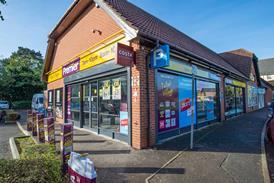
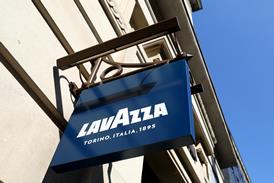

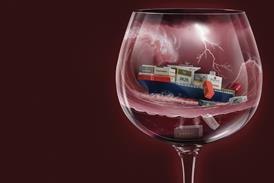

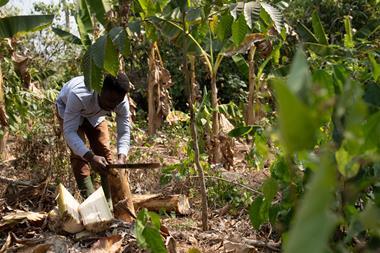
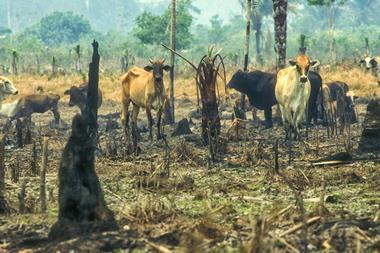
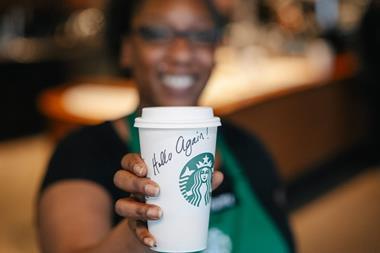
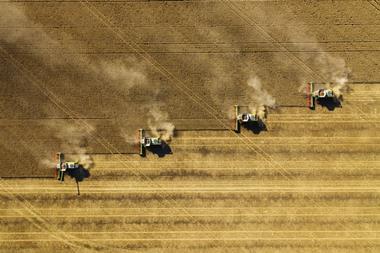
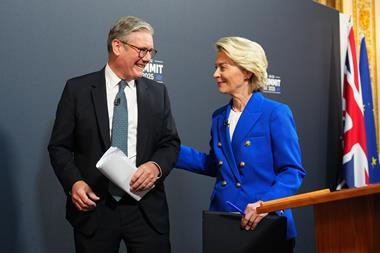
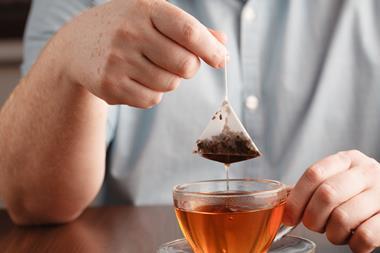
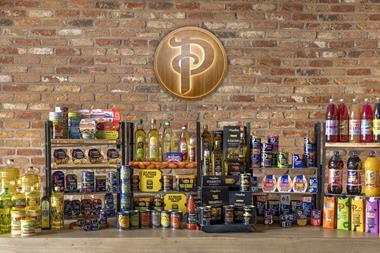

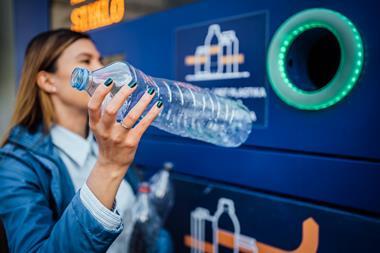
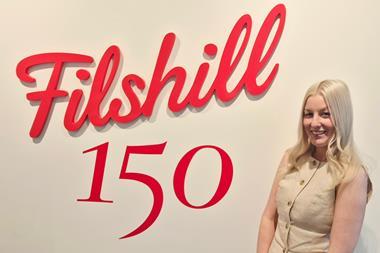
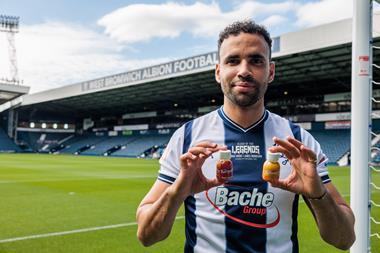

No comments yet